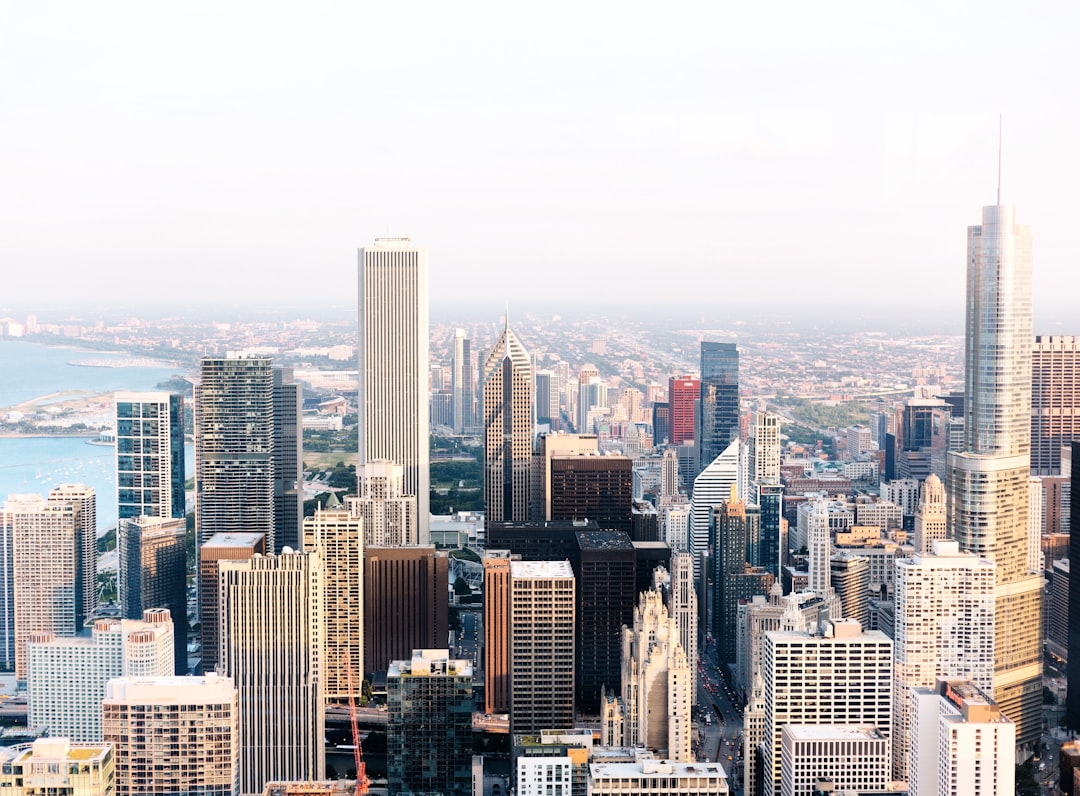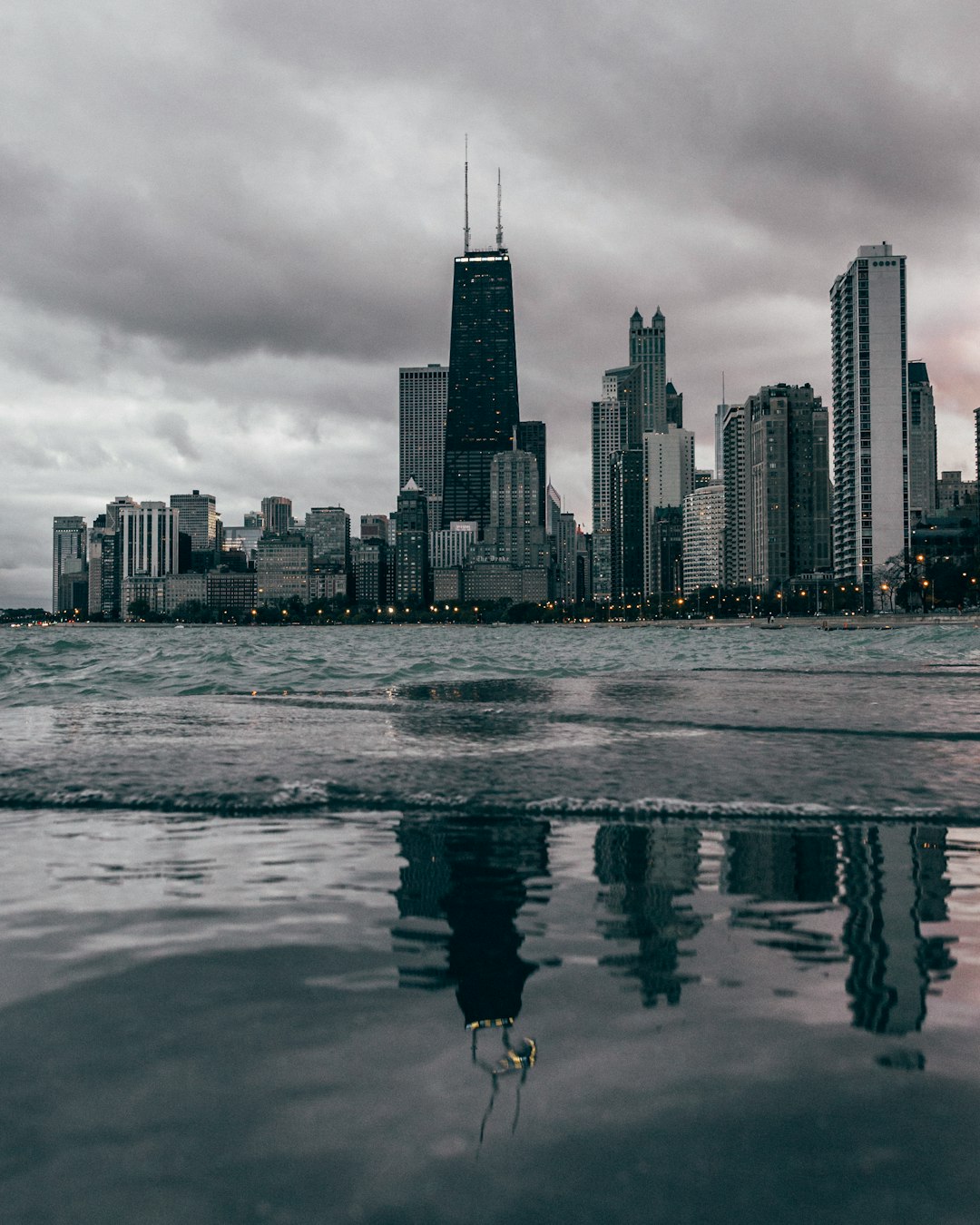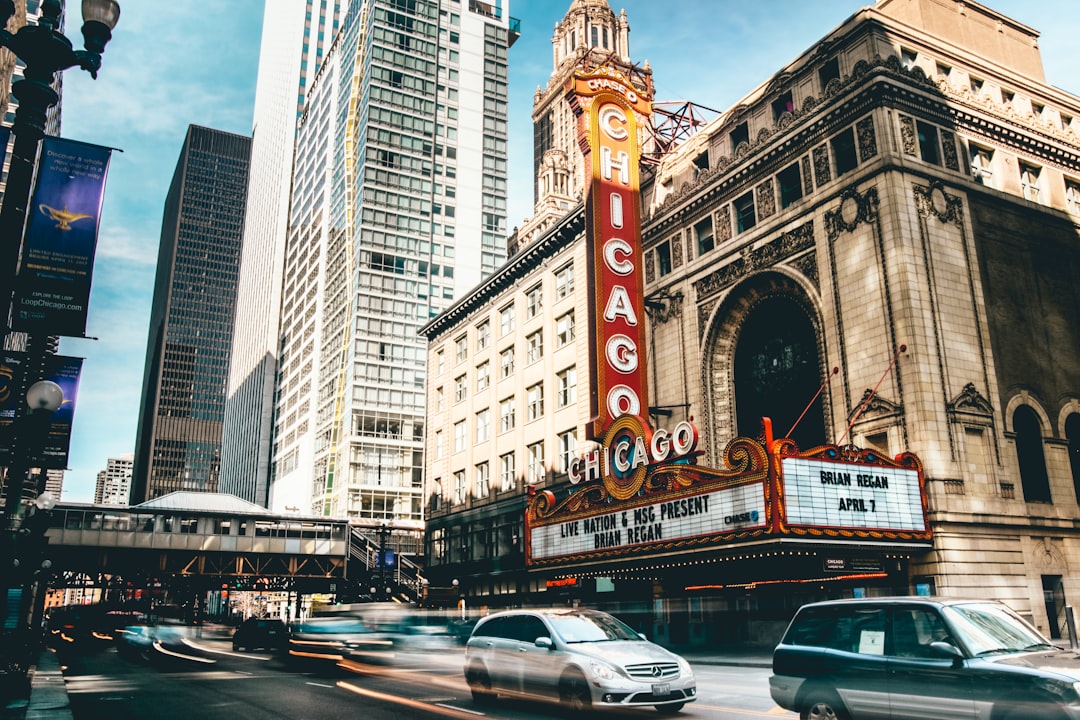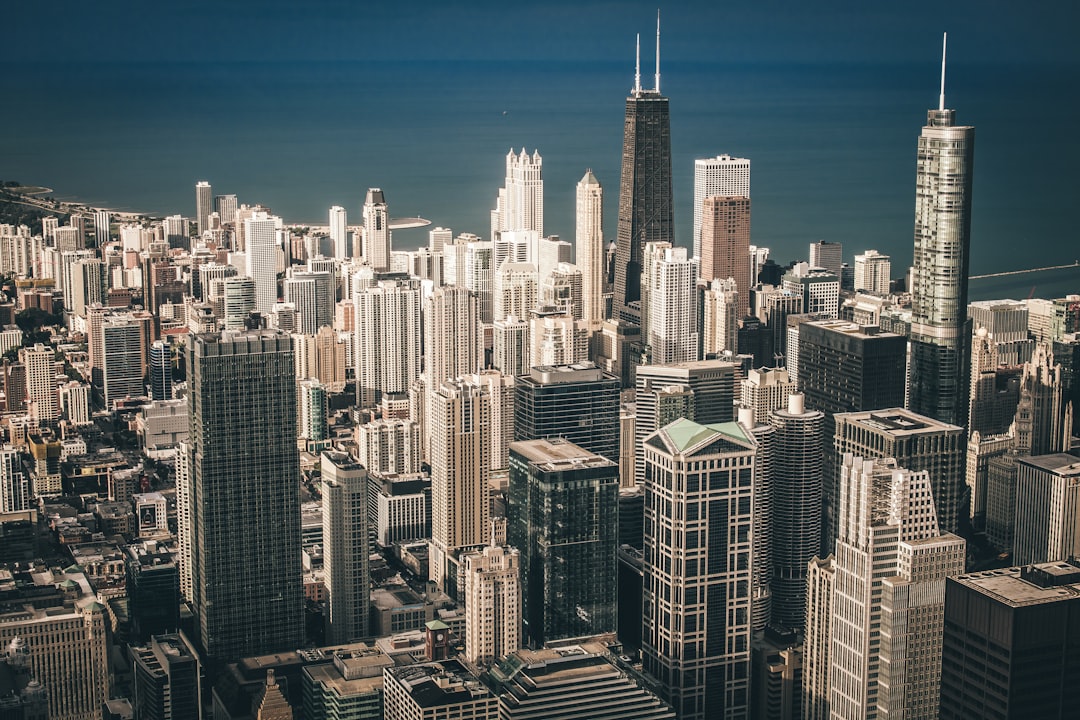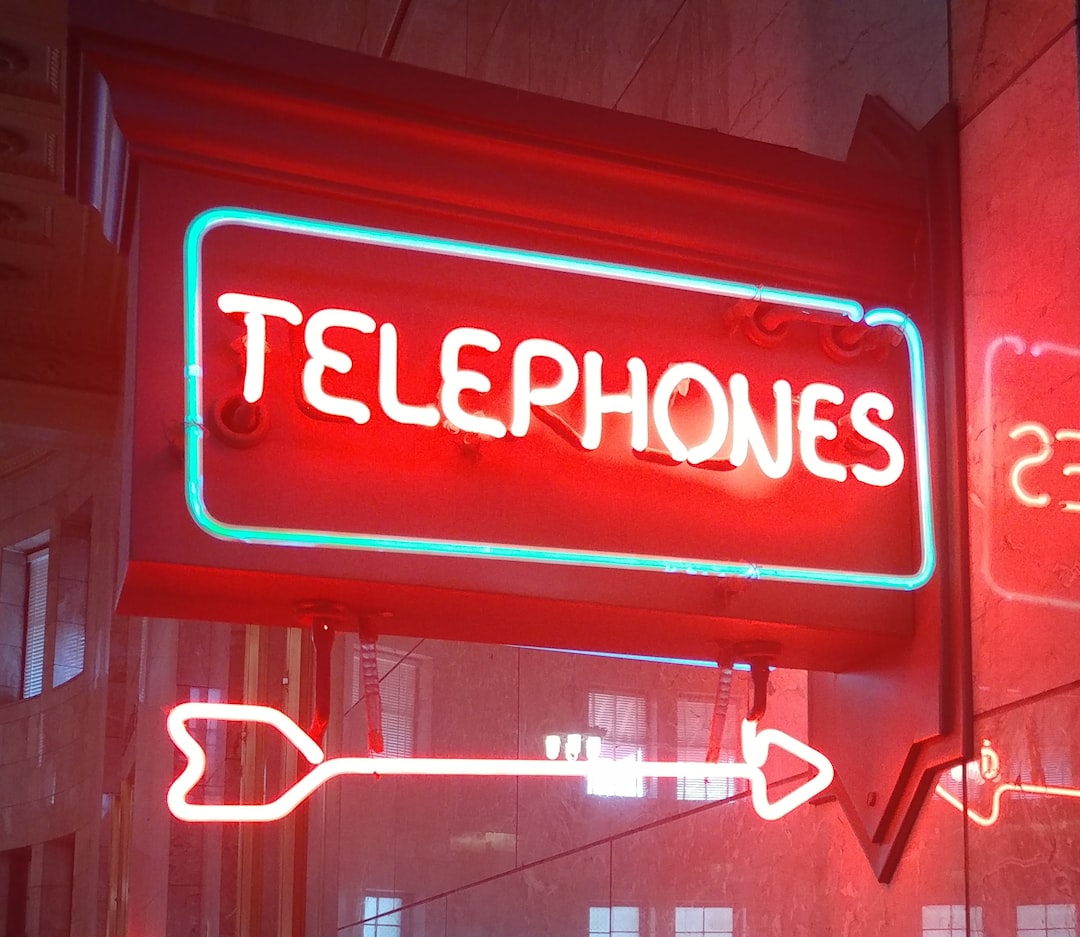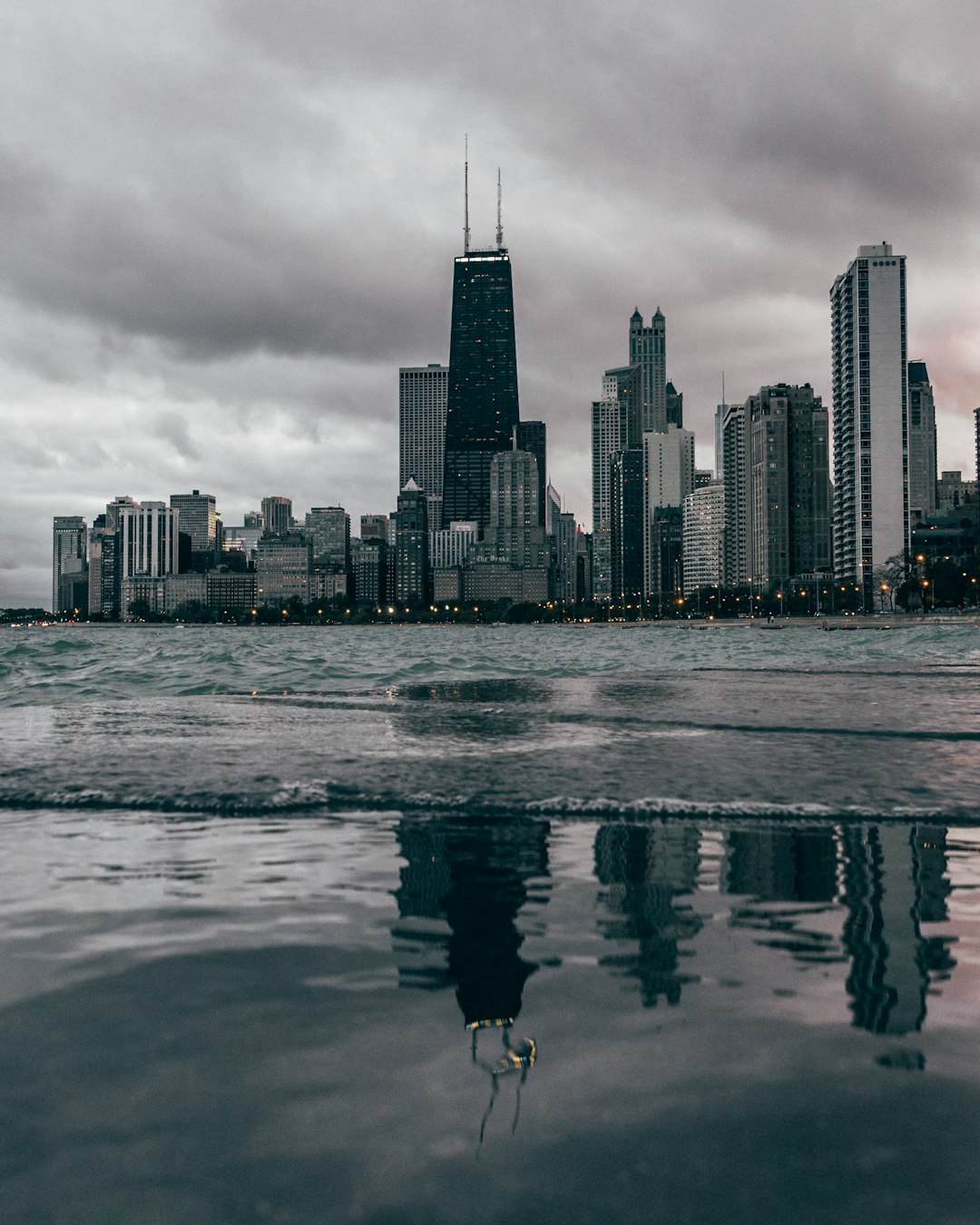Chicago residents can protect themselves from unwanted phone calls, including those from debt collectors and telemarketers, by understanding their rights under state and federal laws. Blocking caller ID displays, enrolling in the National Do Not Call Registry, and documenting interactions are effective strategies. For severe cases, consulting a telecommunications law specialist or filing complaints with regulatory bodies may be necessary. "Do Not Call" attorneys can provide guidance but aren't always required.
Tired of unwanted calls in Chicago? You’re not alone. This comprehensive guide navigates the maze of protecting your privacy under Illinois law and offers effective strategies to handle persistent spam calls. Learn about blocking caller ID displays, reporting scammers to authorities, and understanding your rights. If legal action is needed, discover when to consult a Do Not Call attorney in Chicago for strong, strategic representation.
Understanding Your Rights in Chicago

In Chicago, like many other cities, there are strict regulations in place to protect residents from unwanted phone calls, particularly those from telemarketers and debt collectors. Understanding your rights is a crucial first step when dealing with such calls. According to the Illinois Consumer Fraud Act, companies must obtain explicit consent before placing automated or prerecorded phone calls for marketing purposes. If you have requested not to be called (often indicated by saying “Do Not Call” or registering with the National Do Not Call Registry), any call initiated by these organizations could constitute a violation.
Moreover, the Fair Debt Collection Practices Act (FDCPA) limits how debt collectors can communicate with individuals. They are prohibited from calling at unreasonable times, using abusive language, or threatening legal action unless they intend to take such steps. If you believe your rights have been violated by a call from a Do Not Call attorney Chicago or debt collector, you may file a complaint with the Federal Trade Commission (FTC) and seek legal advice to explore potential courses of action, including suing for damages.
Blocking Unwanted Caller ID Display

In today’s digital era, unwanted calls can be a constant nuisance, especially when they’re from unknown sources displaying fake or misleading information. For residents of Chicago, one powerful tool in your arsenal against these irritants is the ability to block caller ID displays. While many phone services offer this feature, it’s particularly effective for dealing with potential scams and do-not-call lawyers who often masquerade as official representatives. By blocking the display, you prevent the caller from identifying themselves, effectively silencing their attempts to bother or deceive you.
This simple step is a game-changer when it comes to navigating the labyrinthine world of unwanted calls. It allows you to filter out annoying messages and focus on genuine communications. Remember that in Chicago, there are strict laws against misleading call displays, so blocking these calls not only shields you from potential scams but also contributes to a safer digital environment.
Reporting Spam Calls to Authorities

In Chicago, as in many places, unwanted calls, especially those classified as spam, are a common nuisance. If you’re receiving repetitive or unsolicited calls, take action by reporting them to the appropriate authorities. The Federal Communications Commission (FCC) provides guidelines and mechanisms for filing complaints against telemarketers and spammers.
To deter further harassment, consider adding your number to the National Do Not Call Registry. Additionally, avoid engaging with the callers or providing any personal information. Remember, saying “Do not call me” firmly but politely can also help stop these calls from reaching you in the future, including those from law firms or attorneys advertising their services in Chicago.
When to Involve a Lawyer: Legal Options
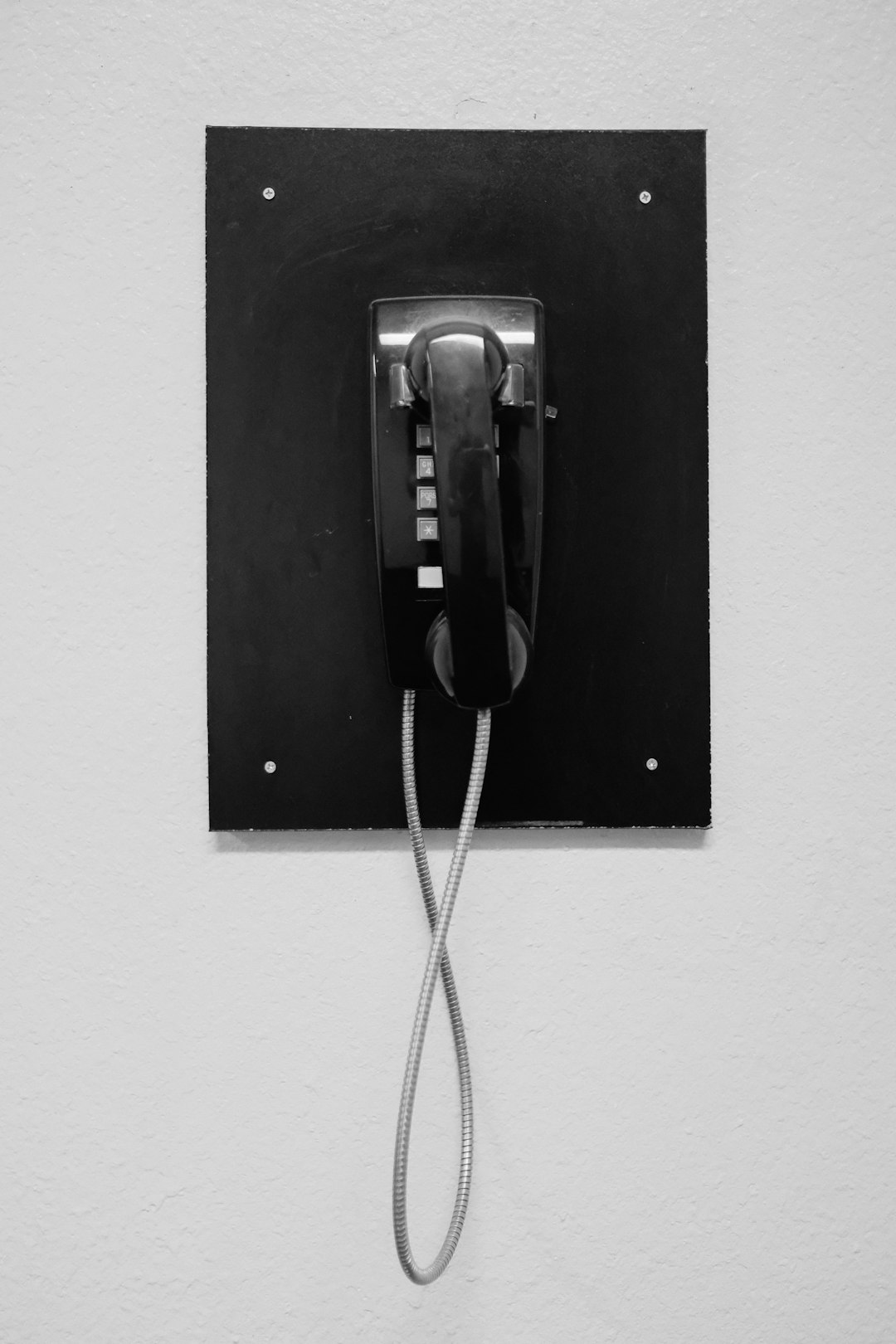
If you’re facing relentless unwanted calls, especially with threats or harassment, it’s crucial to know when to involve legal help. While many people might consider picking up a phone and contacting an attorney in Chicago for immediate relief, this isn’t always necessary. The first step is to document every interaction by logging call details, dates, and any explicit threats or harassment.
In Illinois, including Chicago, there are strict laws against telemarketing and sales calls that become intrusive or harassing. If these rules are violated, you have legal recourse. However, for severe cases where your safety or privacy is at stake, consulting a lawyer who specializes in telecommunications law could be beneficial. They can guide you on the best course of action, which may include contacting the Federal Trade Commission (FTC) or filing a lawsuit against the caller under relevant Chicago laws if appropriate. Remember, “do not call” attorney services in Chicago are not always required, but they can offer valuable expertise when dealing with persistent and unwanted calls.
Effective Strategies for Dealing with Persistent Calls

If you’re constantly receiving unwanted calls, especially from law firms or attorneys in Chicago advocating for a “Do Not Call” registry is a crucial first step. Registering your number with state and national “Do Not Call” lists restricts telemarketers from contacting you. However, persistent callers can still find ways to reach out, so it’s important to have strategies in place.
One effective method is to firmly but politely decline all calls and inform the caller that you are registered on the “Do Not Call” list. You can also request them to remove your number from their records. If the calls continue, document each incident, including the caller’s name, phone number, and a summary of the interaction. This documentation can be useful if you need to escalate the issue to regulatory bodies or legal authorities.

